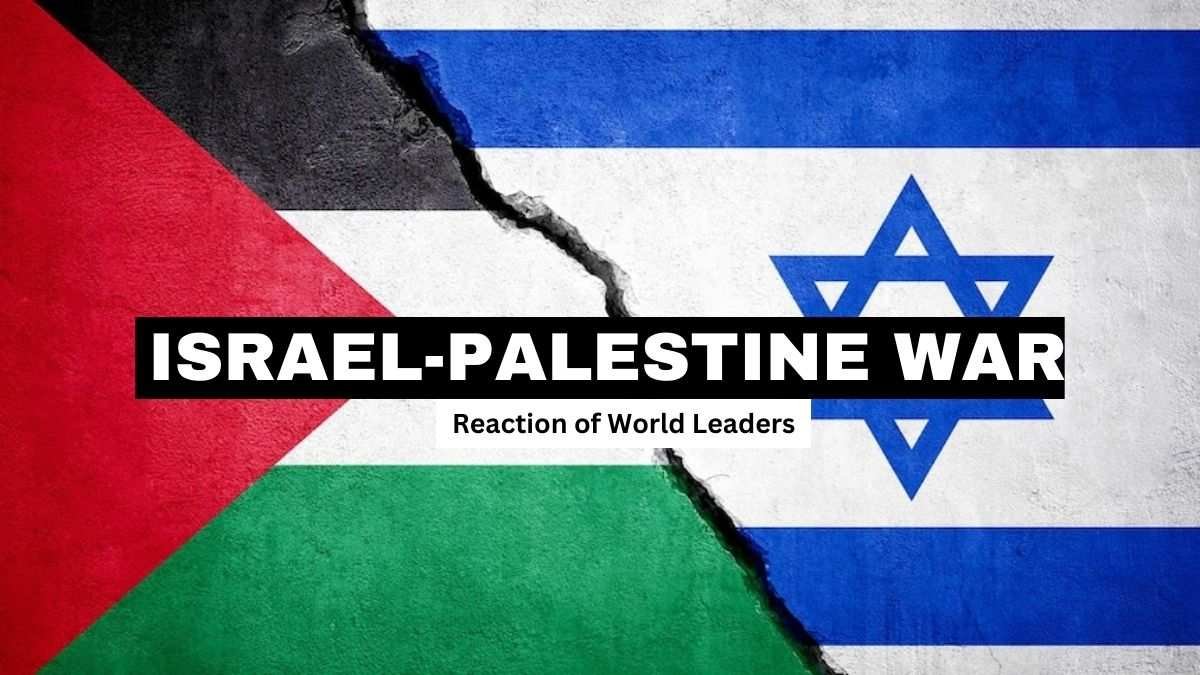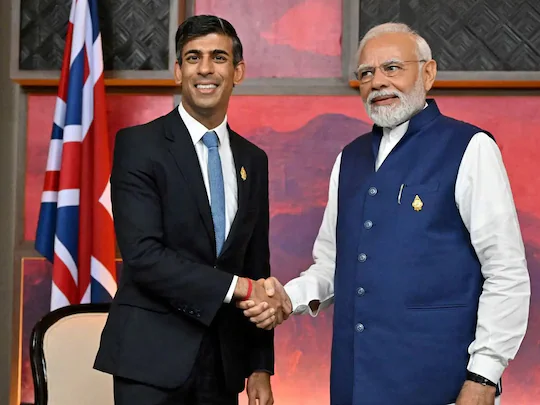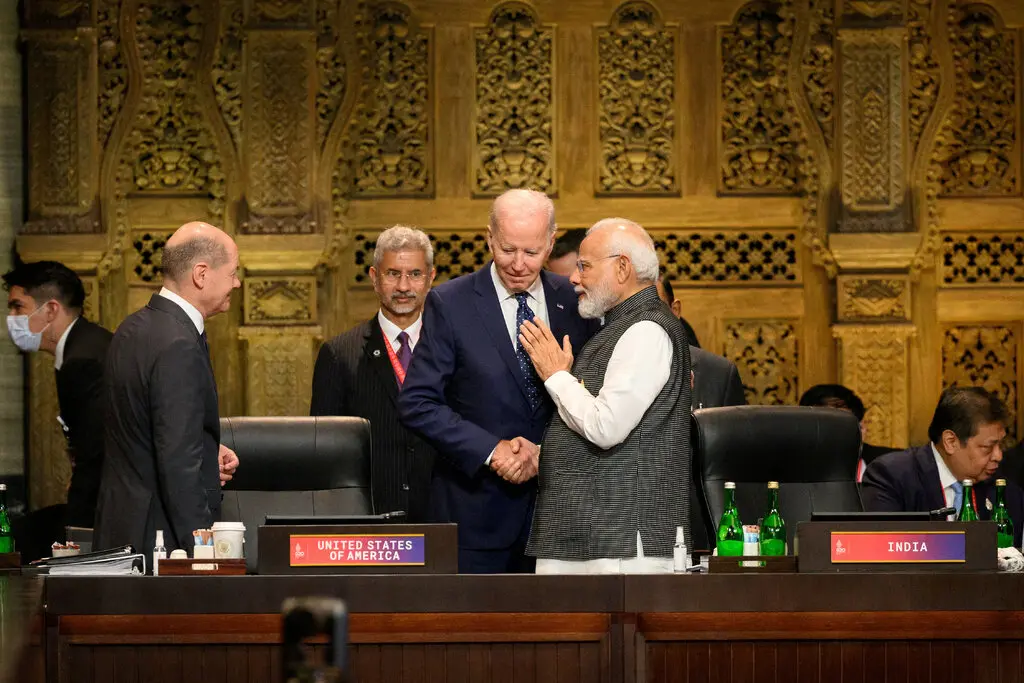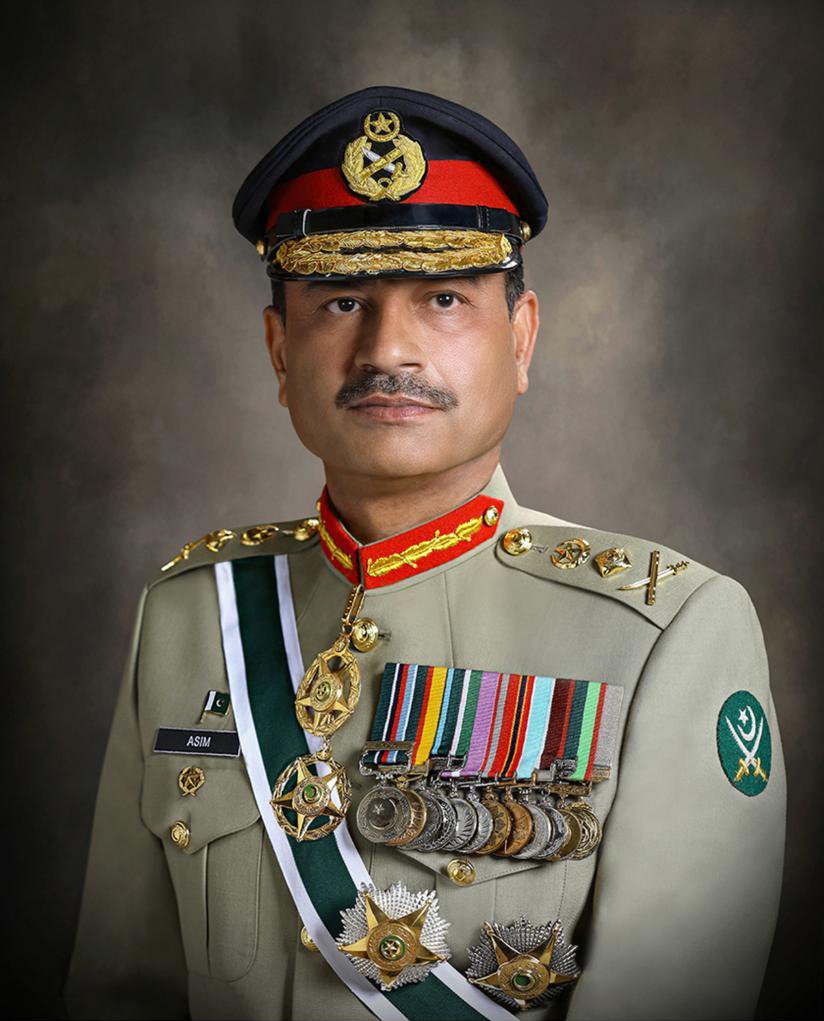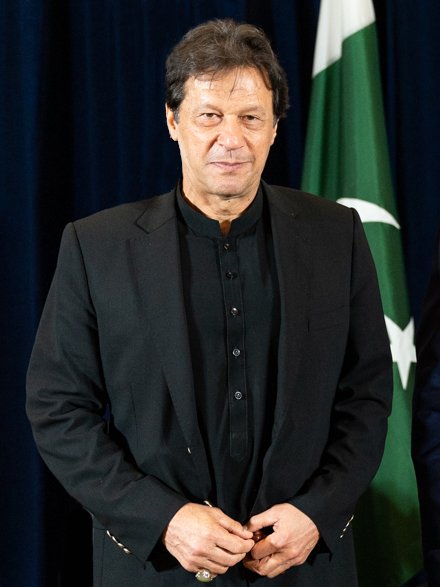Israel Palestine War: Wherever there is oppression, there will be resistance
Hostilities are going on between Israel and Hamas. To understand this properly we must first know the background. These articles explain what is Israel and why it was created. Many people, particularly in Western countries, are calling for total elimination of Palestinian Arabs, which implies women and chioldren too. ButContinue Reading
